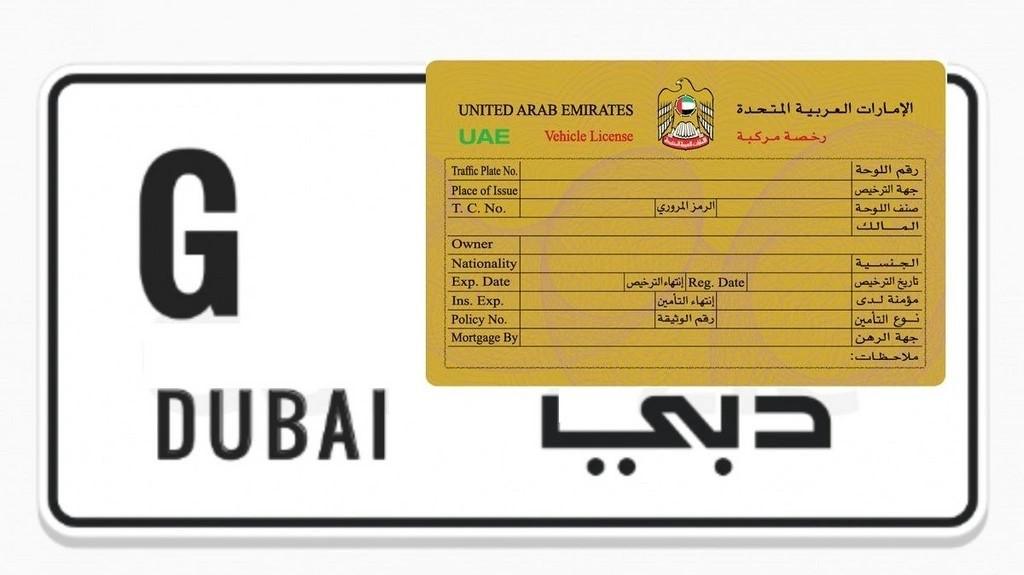When determining car insurance rates in the UAE, insurance companies consider a variety of factors. These factors include the age of the vehicle, its market value, the age of the driver, the driving history and more.
Among these factors, driver’s age plays a role in determining car insurance premiums. Interestingly, older drivers generally benefit from insurance costs compared to their younger counterparts. This difference in premium can be attributed to the fact that older drivers tend to have better driving skills and a cautious approach compared to drivers who often engage in riskier driving behaviors. In this article we explore how driver age influences car insurance prices in the UAE.
The Impact of Driver Age on Car Insurance Expenses
Drivers aged 24 and below typically get higher insurance premiums due to their limited experience behind the wheel. This lack of experience is perceived as a risk by insurance companies resulting higher in premiums. However, once a driver is 25 years or above, the insurance costs usually start to decrease.
Insurance companies typically offer lower premiums to individuals aged 30 to 50. This is because they are generally considered to be lower risk drivers. People in this age group often have an established driving history and a proven track record of behavior behind the wheel.
Statistics suggest that younger individuals are more prone to risky driving and getting involved in road accidents. That's why insurance companies carefully assess driving records and use that information to calculate insurance premiums. Additionally, an individual’s driving performance also plays a role in determining their insurance costs. Young drivers who maintain a clean driving record, free from accidents can expect their insurance premiums to decrease.
If you're under 25 years old and looking for car insurance options here are some steps that can help:
1. Determine Your Insurance Needs
Before starting your search for an insurance plan it's important to identify what kind of coverage you require. Some drivers choose comprehensive car insurance that covers both their vehicle expenses and potential damages caused to third parties. Others may opt for third-party car insurance and manage any damages out of pocket.
2. Conduct Thorough Research
It's crucial to conduct thorough research when identifying the suitable insurance plan for yourself.
When it comes to insurance providers in the UAE, it's important to explore options and carefully consider the benefits and features they offer. Conducting research can provide insights into the available choices.
If you're unsure about which direction to go, seeking advice from experts in car insurance in the UAE can be helpful. You can reach out to one of Shory ambassadors so they can help you find suitable insurance plans.
It is recommended to opt for a car insurance plan that covers third-parties as well as other, wider ranges of benefits - comprehensive car insurance. This choice can provide protection against accidents and cover medical expenses resulting from accidents.
Once you've done online research, narrow down your options to a few potential insurance plans. Compare their features, benefits and costs on Shory’s quotes page before making a decision that aligns with your budget and preferences.
In conclusion maintaining a clean driving record brings advantages. Responsible driving not only keeps you safe on the road but also leads to potential financial rewards such as reduced insurance premiums. Many insurance companies offer no claim discounts for drivers who remain claim free throughout a year.
By developing a good understanding of auto insurance policies, keeping oneself updated about the happenings in the industry and making well informed decisions, individuals can choose the best car insurance policy that fits their requirements.




